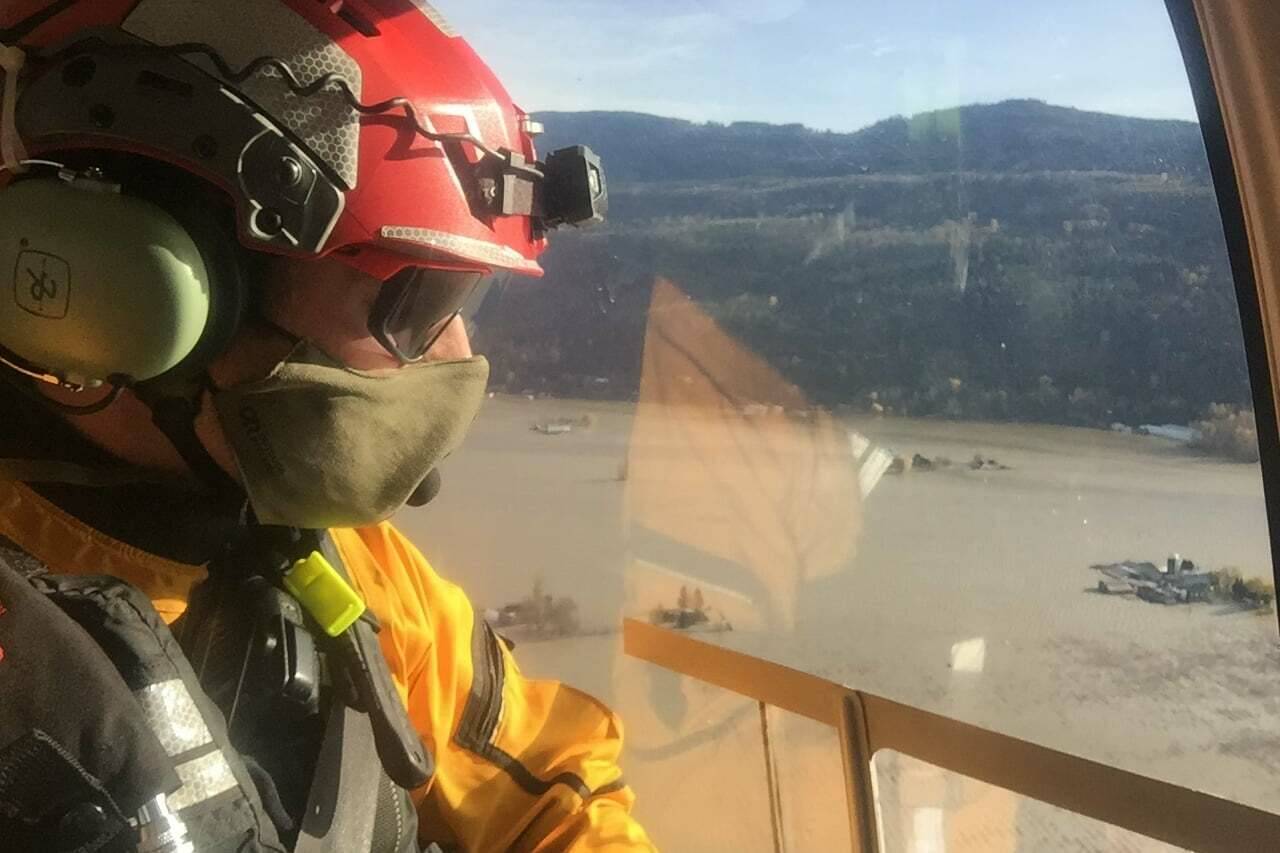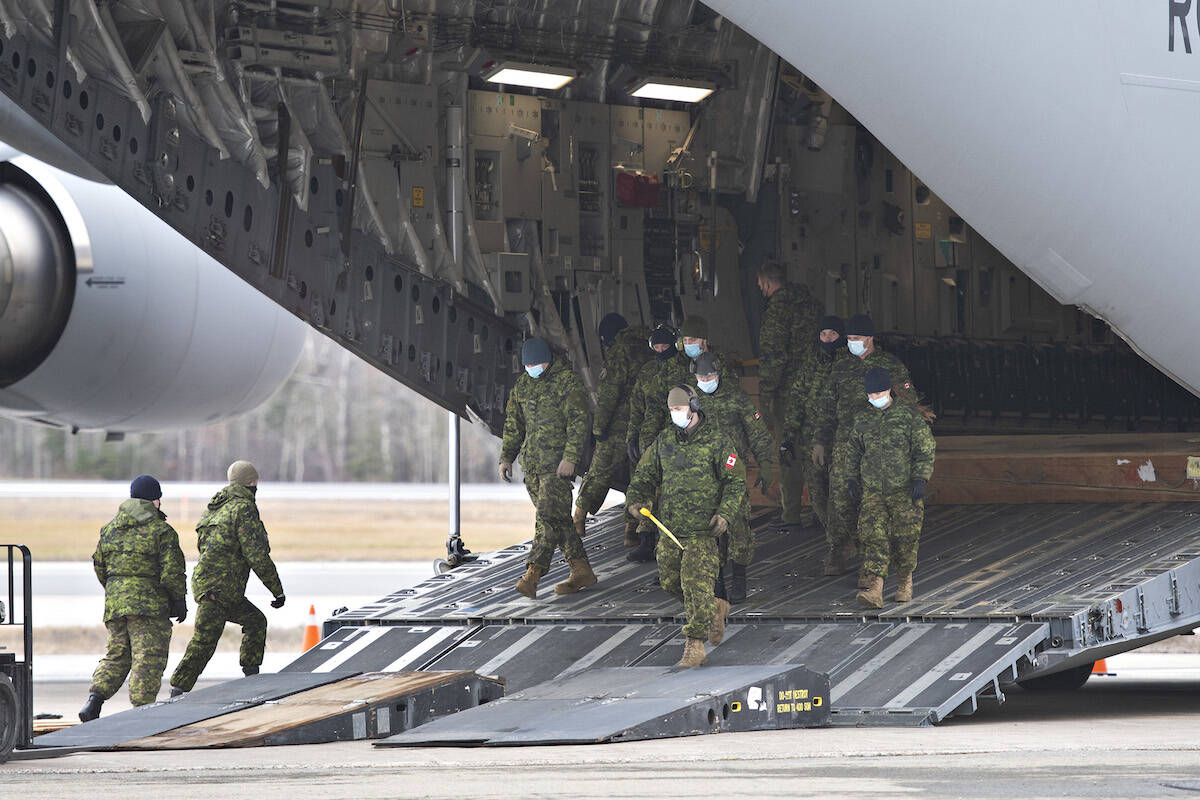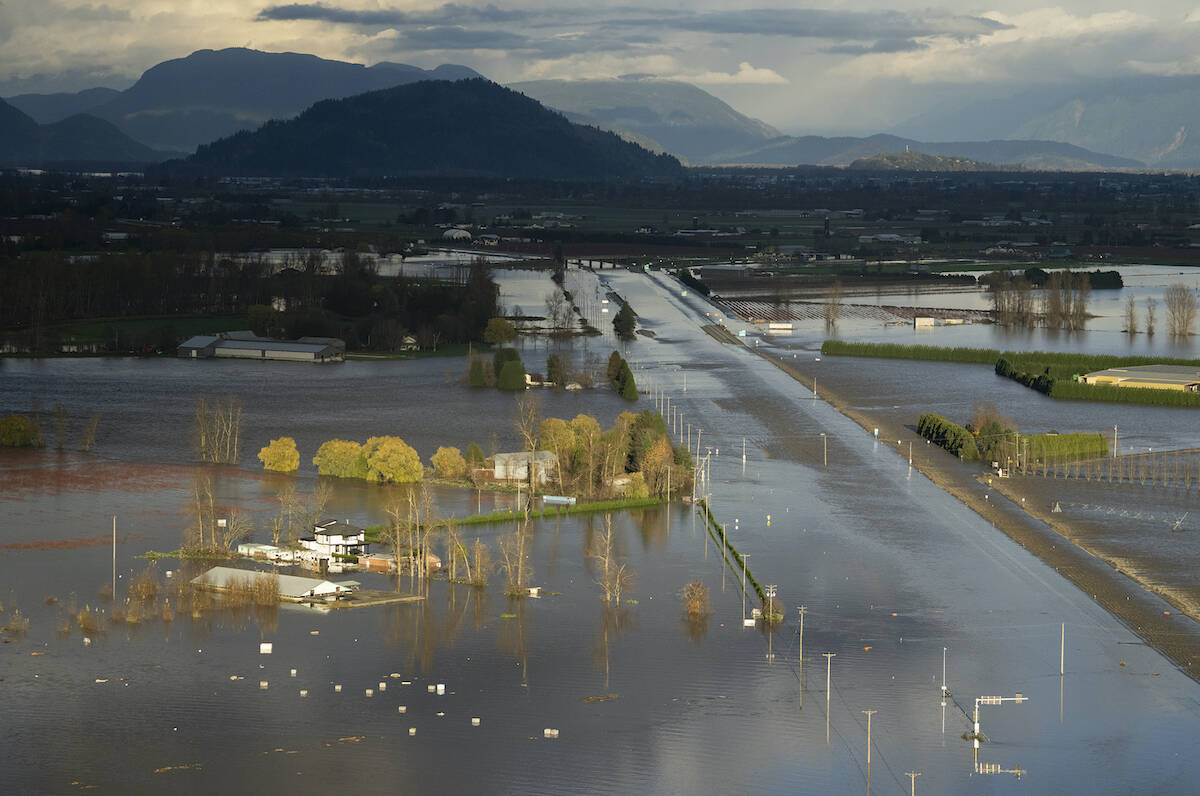B.C.’s public safety minister has enlisted two new provincial orders amid concerns of gas shortages in the province due to the devestating floods that hit southern B.C. this week.
In a news conference Friday (Nov. 19), Public Safety Minister Mike Farnworth announced that non-essential travel will be restricted on all highways impacted by washouts.
Those travelling to get home after being stuck from the floods, as well as commercial and emergency vehicles, are exempt from the mandate.
Highways included in the order as of Friday are:
- Highway 99: from the junction of Highway 99 and Lillooet River Road to the BC Hydro Seton Lake Campsite access in Lillooet. Only passenger vehicles and commercial vehicles up to 14,500 kilograms will be permitted.
- Highway 3: from the junction of Highway 5 and Highway 3 in Hope to the west entrance to Princeton from Highway 3.
- Highway 7: from the junction of Highway 7 and Highway 9 in Agassiz to the junction of Highway 7 and Highway 1 in Hope.
“These steps will keep commercial traffic moving, stabilize our supply chains and make sure everyone gets home safely,” Farnworth said.
“We are asking people not to travel through severely affected areas – for their own well-being, but also to make sure the fuel we do have goes toward the services people need in this time of crisis.”
Meanwhile, the public will be limited to purchasing 30 litres of gas per visit to gas stations in southwest B.C., Vancouver Island and Sunshine Coast.
The order will be ongoing until Dec. 1. Anyone who is abusive, threatening or belligerent to gas station workers can be subject to a fine under the order.
“When our province is faced with an emergency, British Columbians step up,” Farnworth said.
“We have a steady supply of gas to support all our essential vehicles and we will get through these restrictions together by staying calm, only buying what we need and looking out for each other. These measures are necessary during temporary shortages as work is under way to re-establish B.C.’s fuel supply.”
Concerns over supply stem from the supply chain disruptions caused by closed highways, as well as the floods impacting the Trans Mountain pipeline, which transports fuel from central Alberta to Burnaby.
Farnworth said there is a reduced but steady supply of gas and province is working with the feds to import gasoline in new ways.
“Carpool, share with a friend, walk, use alternative methods,” Farnworth said, adding to be kind to others.
READ MORE: More military deployments amid B.C. flooding state of emergency
ALSO READ: Coquihalla Highway will take months to rebuild from mud and rockslide damage
ALSO READ: Floods another blow for restaurants in B.C. Interior, operators and advocates say
@ashwadhwani
ashley.wadhwani@bpdigital.ca
Like us on Facebook and follow us on Twitter.



